We notice on the few weather reports we get, especially for those of you east of the Mississippi, that this was the winter for us to head to the Caribbean. I know we’ve complained about the heat but now that seems a little sadistic. No more weather woes on our part.
I’m home with a little down time while Gary is headed into Kingston to meet with medical personnel from Mayo Clinic at the Jamaican Ministry of Health. It feels good to have an extra day of rest because this month has been very busy.
Two topics for today: vegetation and segregation. Now that we’ve been here for seven months, more lights have turned on in my head. Each day I walk between six and seven miles primarily getting to and from home, the hospital, downtown Chapelton, the bus stop to May Pen, and the library. As you can imagine there’s tons of vegetation and some of it I’ve come to realize is familiar. What grows on the roadside here as weeds are carefully cultivated plants in the US. Marigolds are weeds; they are all over the place. No one plants them each year, they’ve been here forever. Hibiscus is similar. I had one that I pampered, fed, watered and basically fussed over for years just to get one or two blooms a year. In JA those babies are ubiquitous; everyone has them spilling all over their yards. Have you had a ficus [sp?] tree, aka fig tree? They must be placed carefully in full light so as not to get too much sun, but enough to keep the darn thing from shedding its leaves all over your living room rug. They are a common hedge material in JA. No one pays much attention to them other than to trim them once a year. These are just a few of the botanical wonders I’ve come to recognize in JA.
Socially, JA is far more integrated than the US. It never occurred to me that I lived a segregated life but recently the light went on in my head. I don’t think anyone reading this would consider themselves a segregationist but I hate to tell you, like me, you may be too, even those with the best intentions to avoid or overcome the notion; even my dear sister, Aimee, who is married to a Mexican-American, much to my recent realization, lives a pretty segregated life. Some of us are better at limiting it than others but our worlds are still very segregated. In the US we are overcoming, to some extent, racial, ethnic and religious segregation, but there are so many avenues we don’t consider. Americans generally live in neighborhoods where the population is of similar educational background [have at least graduated from high school]; with incomes that pay for transportation, phones, cable, food, taxes, etc [yes, even in the these tight times we get the basics done]; with neighbors generally in the same age range. The elders have either left for retirement villages, assisted living homes, or nursing homes; children play with their schoolmates, teens “hang out” out with their friends and would rather lose a limb than be seen with their family, while adults are generally with friends from either work, church, or their children’s friends’ families [all segregated situations].
Except for the few areas where many embassy people and the very wealthy live, JA appears to be fully integrated, particularly in the rural towns. People of all ages, educational levels [illiterate-can’t even write their name- to graduate degrees], religions [Rastafarians, wide range of Christian faiths, and non-believers- haven’t encountered those of Judaic, Muslim or other faiths], incomes [homesteaders who live off the land and community water supply to those with Mercedes and the associated amenities]; all are interdependent on each other and literally live side-by-side in this community.
They aren’t all best friends but they all depend on each other. The poor illiterate farmer brings his fresh produce or fish to our house where we gratefully purchase it for our convenience and consumption and his financial benefit. Or, if a senior citizen is alone in his/her home the neighbors of all ages stop to chat and bring food on a regular basis. If an emergency occurs it is remarkable how quickly so many people arrive within minutes to help, seemingly without being called, they just seem to know when help is required. Having never lived in one, it feels like what I imagine a giant family compound might be like. Everyone depending on each other and everyone expected to contribute. All this takes time, but recall that Jamaicans’ use time very differently from us.
Da al fi nou, Margaret
Friday, January 30, 2009
Subscribe to:
Post Comments (Atom)


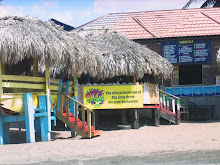
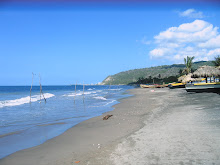
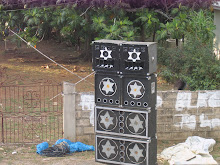
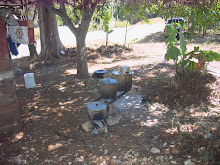


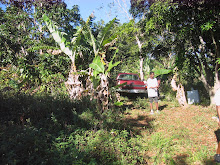
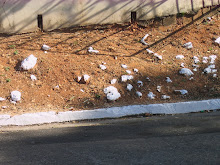
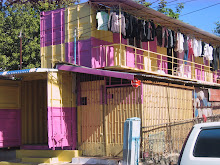
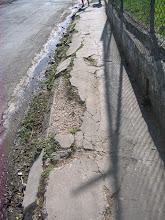
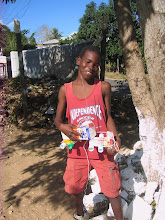
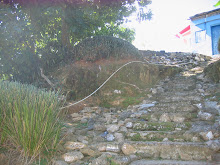
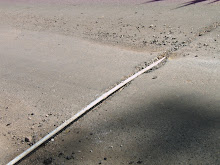
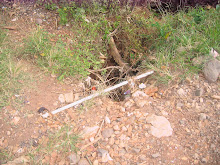
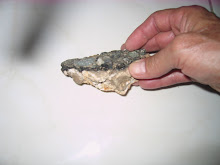

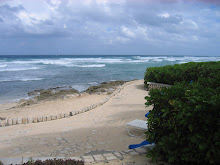
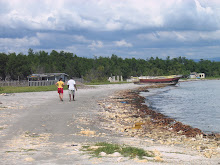



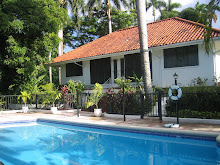
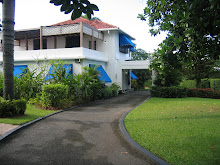
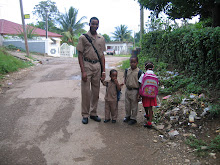

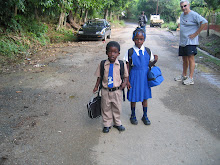
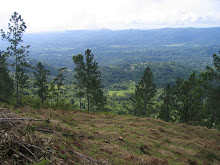


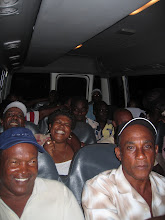





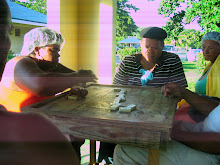
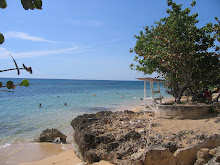

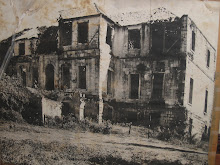
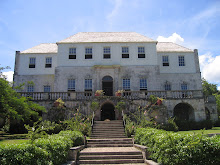


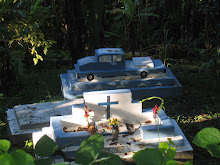
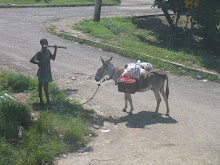
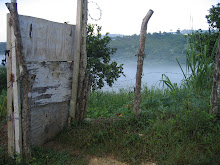

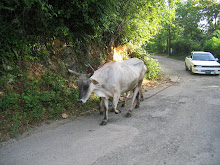

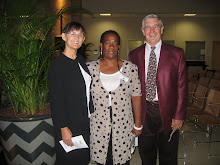


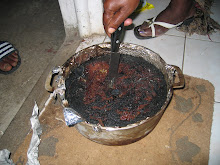
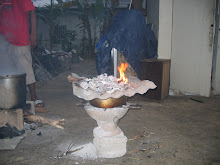

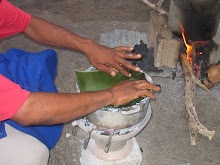
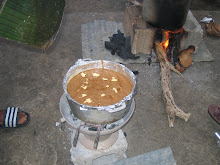
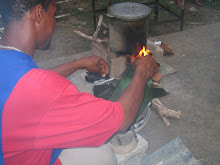


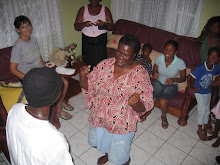
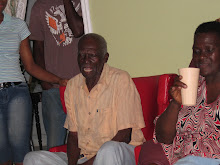
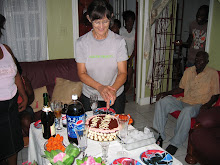








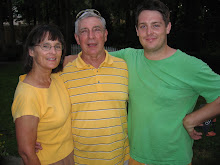

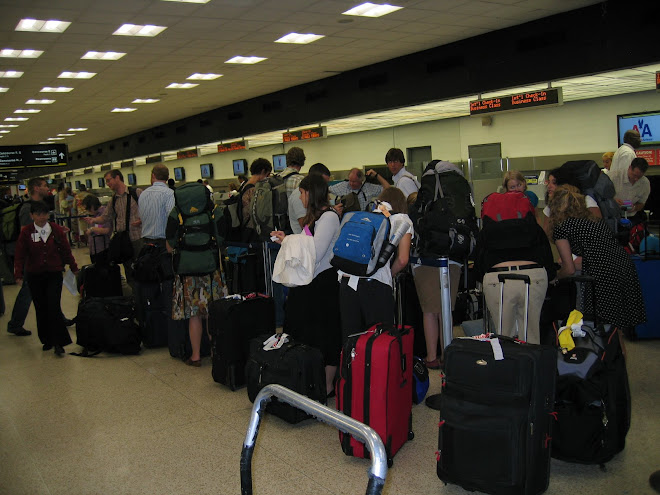

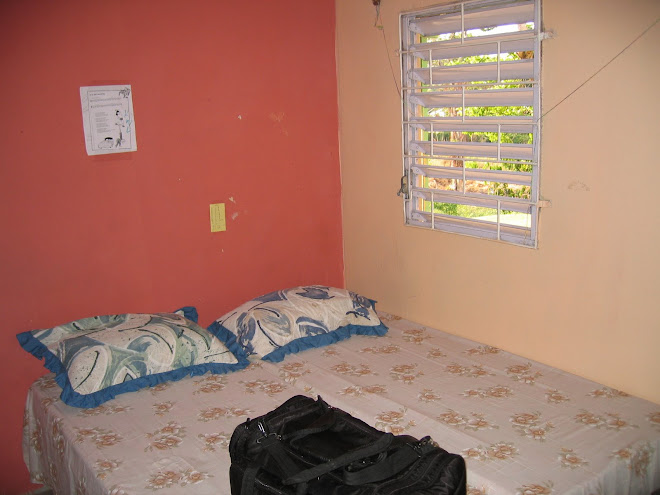
No comments:
Post a Comment